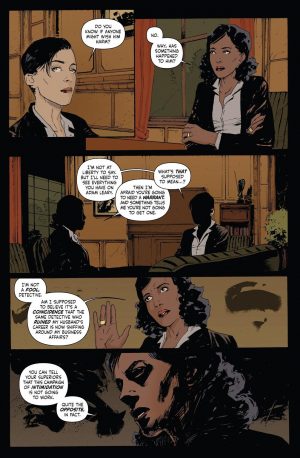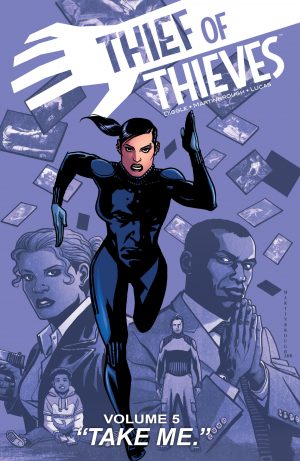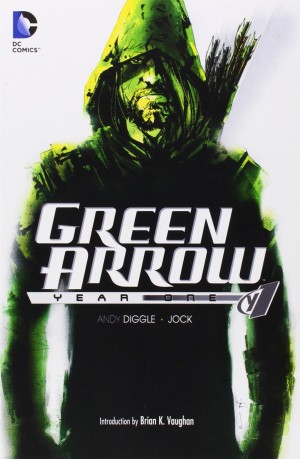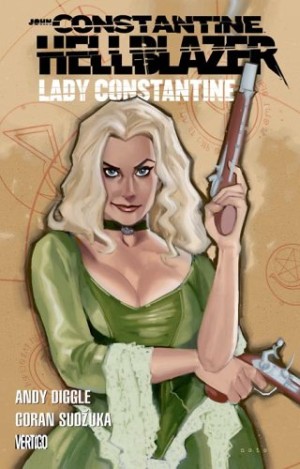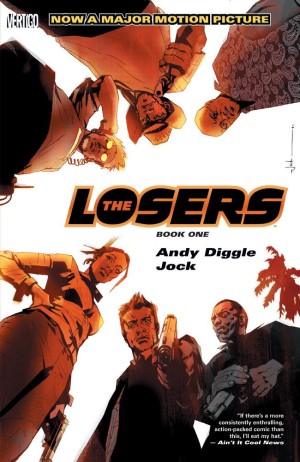Review by Ian Keogh
Kate Burnham is a Washington DC police detective, and the first call we see her attend doesn’t end well. It begins a procedural crime drama exploring the constraints on police working in a city where the USA’s most important politicians congregate. Before the action begins it’s stressed how everyone has their secrets, and Kate very quickly discovers how leads are cut down and investigations officially blocked where power and prestige are concerned.
Writing team Andy Diggle and Angela Cruickshank set a cracking pace to accompany the mystery, frustration and political priority Kate experiences, while also building a good background concerning her relationship with her colleagues. What would be considered bullying and intimidation in any other career passes for building toughness in the police. While following Kate’s investigation we’re also shown Senator Brady, a man under considerable pressure who’s been attempting to pass a bill restricting the right of journalists to report on peoples’ private lives, and his determined wife Verity Wade. They lead into the secrets others confidently expect to be kept at any cost, so will Kate be allowed to do her job?
Control requires an artist able to make the investigative conversations look interesting, and Andrea Mutti ensures this in a gritty, shadowy style. He brings out the personalities of people, their expressions and the way they look at each other, and this extends to those in the backgrounds or foregrounds of his panels, who look natural rather than posed mannequins. Because there’s very little flash about the art it’s possible to under-rate how good Mutti is, but thanks to him everything flows smoothly from panel to panel and page to page.
The entire story has hardly been the family picnic, but for the final chapter’s disclosures Diggle and Cruickshank lead Control into a very dark area. Toward the end it seems there won’t be enough space to wrap everything up, and indeed doing so requires some rapid switching from scene to scene and omits the satisfying moments of the guilty accorded their fate. Despite Diggle and Cruickshank still managing to surprise, there’s no tidy clean-up in a rushed ending. It’s a shame. None of the earlier scenes without Kate are entirely necessary, and a narrative exclusively following her, incorporating others only when she’s present, would have provided space for the missing closure. Still, her dogged persistence in the name of justice carries Control a long way.

